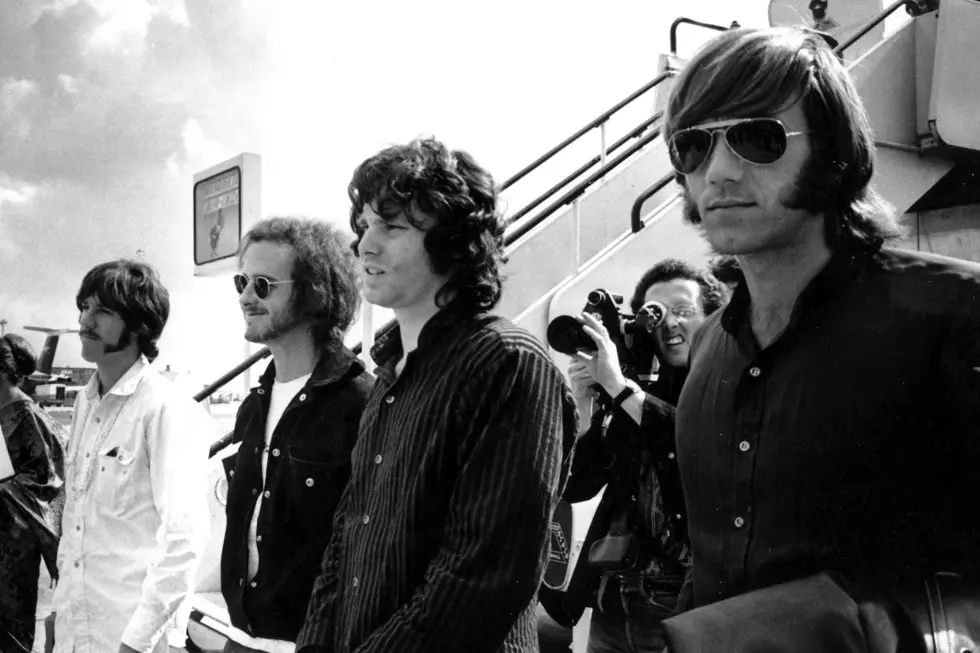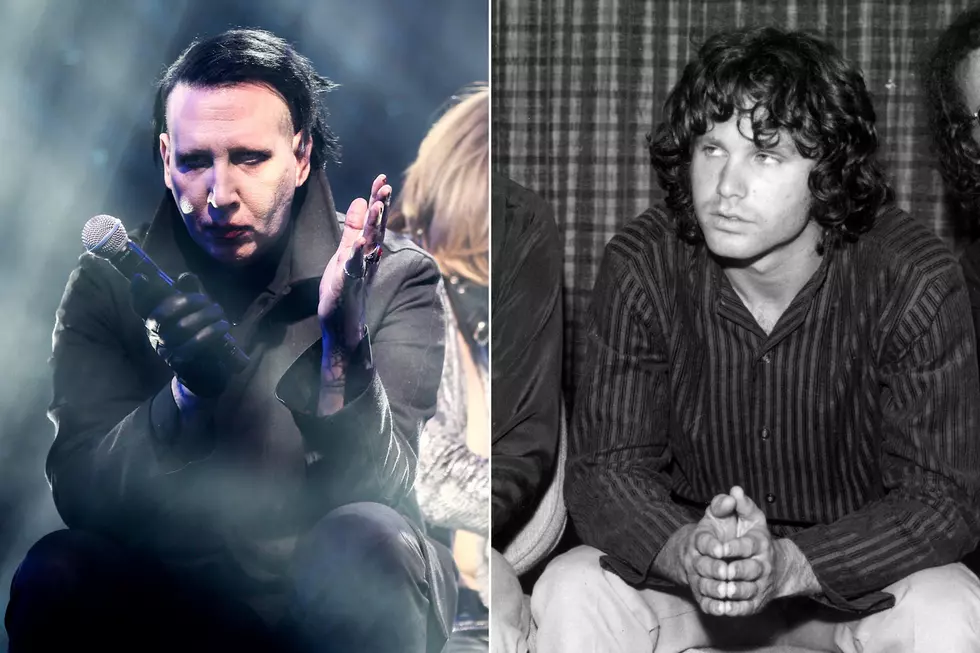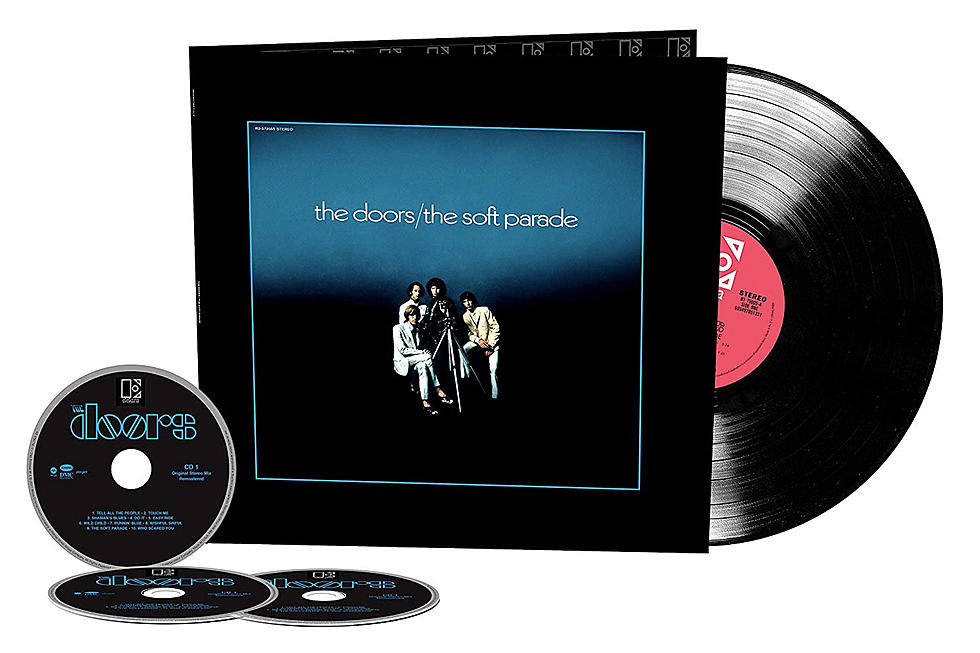
When the Doors Went Back to Basics on ‘Morrison Hotel’
The Doors had gotten sloppy, self-absorbed and a little off course by the time they released their fourth album, The Soft Parade, in mid 1969. A few months later, when they returned to the studio to record the follow-up LP, Morrison Hotel, they were leaner, tougher and more focused than they had been since their 1967 debut.
But it all came at a cost. Waiting for the Sun, the Doors' third album from 1968, reached No. 1 – their only chart-topping LP. With mainstream success tucked tightly in their pockets, the Doors were pretty much free to do what they wanted, with their record company's blessing, on The Soft Parade. So they got weird, experimenting with sounds, noises and music that wasn't quite what their fans expected. "Touch Me" broke into the Top 5, but other than that, the album wasn't a hit, stalling at No. 6 and leaving some people scratching their heads at the confusing mess.
So, when the Doors began recording Morrison Hotel in November 1969, they decided to return to the bluesier roots of their first album. But things didn't progress as smoothly as they had hoped.
First, there was the matter of Jim Morrison's looming legal problems. Earlier in the year, when the band was playing a concert in Miami, the singer allegedly exposed himself to the audience, resulting in an arrest. Morrison and the group shrugged off the charges, but when concert promoters began canceling shows across the country, in fear of a similar act occurring on their stages, things started to get a little bumpy.
Plus, Morrison's increasing unreliability (he'd show up drunk, high and incomprehensible at recording sessions), coupled with his deteriorating voice, was making it hard to be a supportive bandmate. The experimental turns of The Soft Parade, many spearheaded by Morrison, didn't help. So, Morrison Hotel was a way to get everyone back to the collective basics. And in a way, it worked.
Listen to the Doors' 'Roadhouse Blues'
The Doors, as a band, never sounded better musically. It's also the group's most focused record, a collection of bluesy vamps and psychedelic music drops that's both in tune and steering away from the war-torn times.
And it couldn't have come at a better time for the battered Doors when it was released in February 1970. Songs like "Roadhouse Blues," "Waiting for the Sun" (which was actually started during the sessions for the album of that name), "You Make Me Real" and "Peace Frog" are among the Doors' finest, and best-played, cuts, combining gutsy performances with some of their cleanest production.
In the end, it turned out to be a smart move for the band, which returned to the studio at the end of the year to make its last album with Morrison, L.A. Woman, a recharged take on the R&B and blues roots music it returned to on Morrison Hotel.
Even though the LP didn't contain any hit singles, Morrison Hotel (which is also known as Morrison Hotel / Hard Rock Cafe in some circles, because of a title found on the original record's first side) made it to No. 4 on the album chart, the last time a Doors record would climb to the Top 5. More importantly, it sparked the band for the triumphant L.A. Woman and the end of Morrison's short, dizzying life.
Doors Albums Ranked
More From KLUB Tejano 106.9










